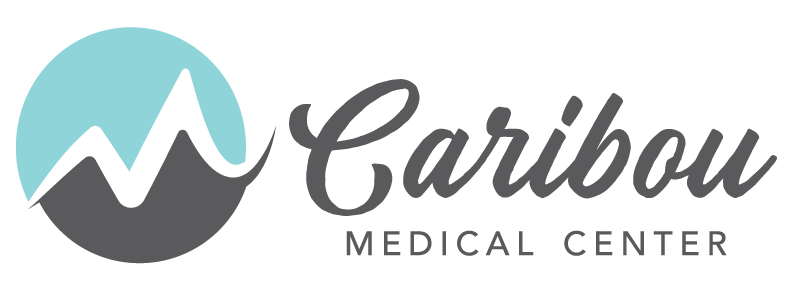During a recent bus ride, the residents of Caribou Memorial’s Living Center suddenly started singing together out of the blue, making the staff aboard the bus smile and laugh out loud. At the hospital, a woman who hadn’t been able to speak since her stroke years ago was now singing clearly “I love you” to her family with tears and excitement in her eyes. In the Living Center, one resident who had felt more and more isolated is now performing guitar songs for staff and volunteering to come to meals with the rest of the residents. CNAs at the Living Center are playing specially-recorded songs during residents’ morning routines, transforming the residents’ normally upset or passive behavior into happy participation in getting themselves ready for the day. Residents in group sessions are seen laughing and reminiscing with their fellow peers as they play instruments and sing together. Groups of preschool children are coming in weekly to interact and sing with the residents, giving hugs, shaking hands, and making everyone smile. Residents are teaching their younger staff member friends to waltz and foxtrot, telling stories and laughing as they recall old times.
These are the scenes of Caribou Memorial’s thriving Music Therapy program, now in its third year at the hospital. Managed by local master’s-level music therapist Jamie Bartschi, the program is seeing a constant stream of positive results at the hospital and ripple effects in the community. “It’s really a beautiful way to make a difference in people’s lives,” Bartschi says, “The hospital’s commitment to this program is rippling out in all directions. The program has helped residents feel and act enlivened, helped make staff members’ jobs easier, given vital support to families as their loved ones are passing away, and provided an outreach for community service and involvement. It’s a win for everyone.” None of this success could have been achieved without the hard work and dedication of Heather Overly, the Music Therapist doing the therapy groups and one on one visits at the hospital, and Kathy Dixon, the Activity Assistant arranging the groups. Along with the ongoing Intergenerational group sessions with volunteer local preschools and daycares, the program has also received a generous donation from The Pink Ladies organization to provide instruments and supplies. “The response from the community has made all the difference in our ability to make the most of this therapy program,” says Bartschi.
One might ask, in a community like this with unusually-large numbers of local volunteer musicians coming regularly to the hospital, why would the hospital invest in a music therapy program when so much music is already happening there? What could a music therapist do beyond the scope of performing musicians? “It’s a matter of the medical and therapeutic results, and knowing how to shape things to get those results,” says Bartschi, who has played both roles in her careers as a performing musician and a music therapist. “I like to compare it to someone building a campfire. Good musicians are like people who know how to build a warm, comforting fire, where people enjoy themselves. That is a good thing, and we need that to happen in order to have a life that reaches beyond just survival. A music therapist, though, knows how to build that same fire and then cook something on it—something that feeds the patient/resident in exactly the way they needed. So instead of just having a nice experience, they will come away having changed in some important way, whether medically, emotionally, etc.” Those changes are showing at Caribou Memorial and in the surrounding community, thanks to the training and work of music therapists and the support of people in and around the hospital.
“It’s an absolute privilege to be a part of this effort,” says Bartschi, “I give huge credit to Caribou’s CEO Jon Smith and Living Center Activity Director, Cindy Henderson for their vision in creating this opportunity.” For more information on music therapy, one can contact Caribou Medical Center, visit www.musictherapy.org, or contact the Music Therapy Department at Utah State University.
Written by: Cindy Henderson, Activity Director at Caribou Medical Center Living Center
